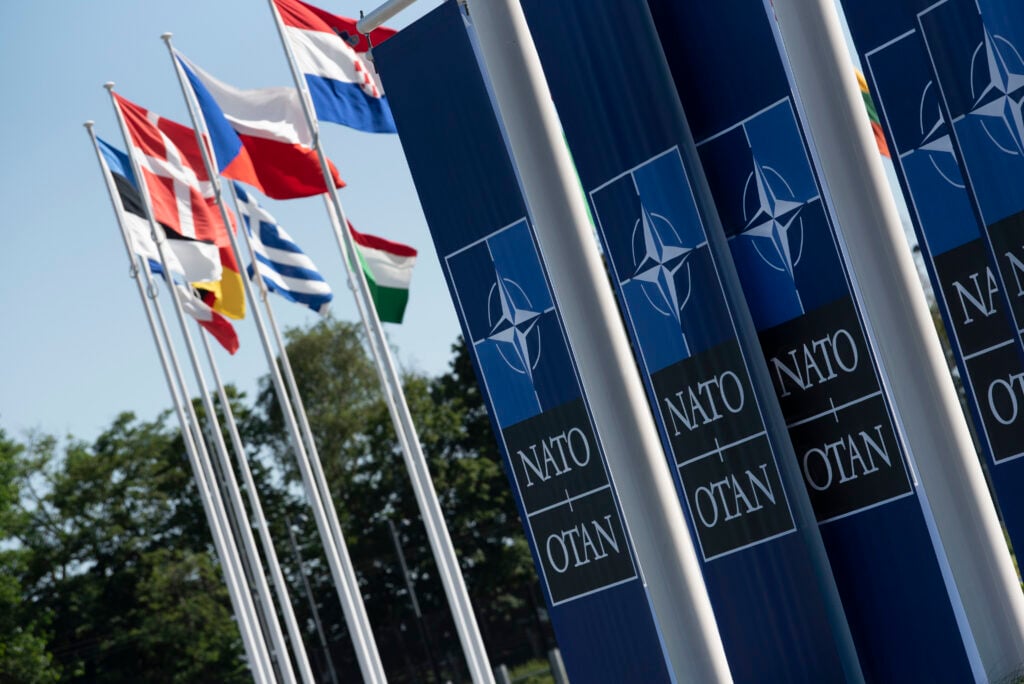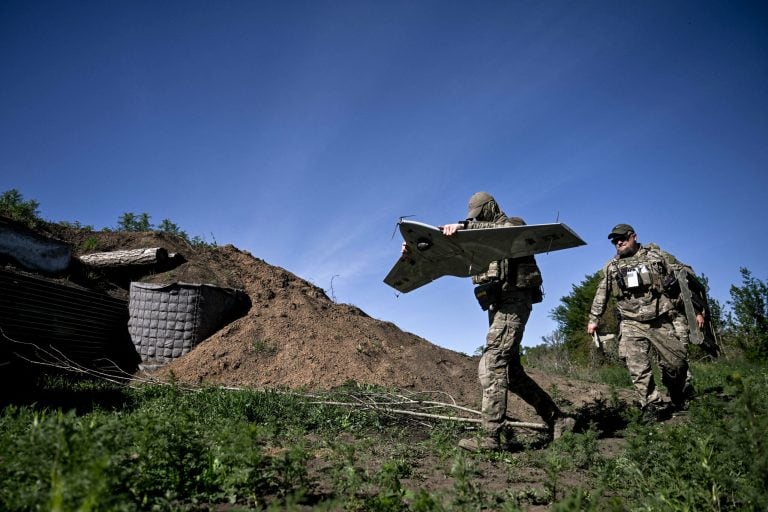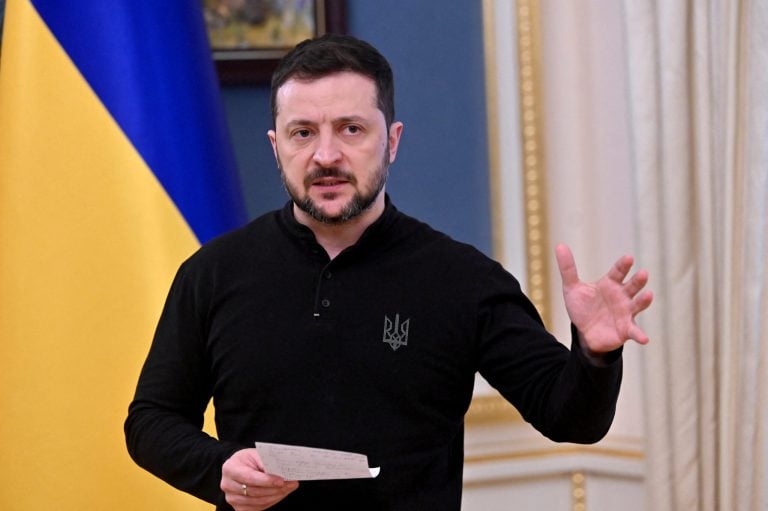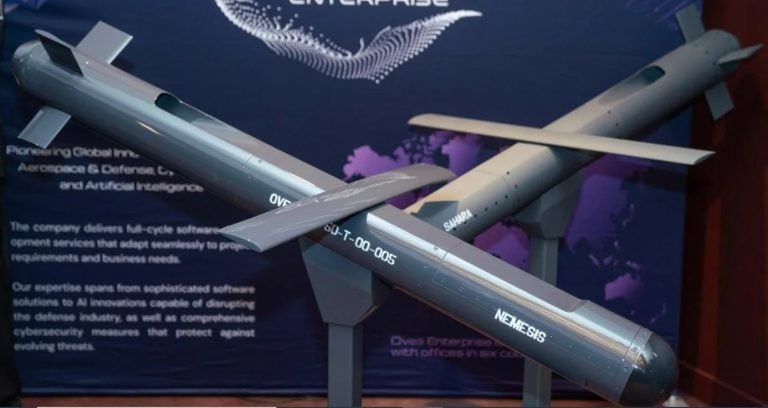In a significant move to bolster defense capabilities through innovative technology, the NATO Innovation Fund (NIF) has announced its first investment in Portal Biotech, a UK-based biotechnology startup. This strategic choice highlights NIF’s commitment to integrating advanced technological solutions for national security.
Portal Biotech has developed cutting-edge AI-backed technology paired with specialized biological sensors that enable single-molecule protein sequencing. This innovative capability is designed for field deployment, significantly improving response times by delivering results in hours rather than days. In an interview, CEO Andy Heron explained that their technology is capable of detecting both known and unknown pathogens, providing critical support in biological threat identification.
The NIF, recognized as the world’s first multi-sovereign venture capital fund, was established with contributions from 24 NATO allies, who collectively committed €1 billion (approximately $1.17 billion) to invest in startups that strengthen defense and security infrastructure. This initiative underscores NATO’s recognition of the importance of technological advancements in maintaining safety and preparedness.
As part of its investment strategy, the NIF is co-leading a $35 million fundraising round for Portal Biotech, working alongside well-known venture capital firms such as Earlybird, Science Creates, Pillar, 8VC, We VC, and the British Business Bank. This collaborative funding effort is indicative of the growing interest in dual-use technologies that serve both military and civilian applications.
Portal Biotech’s solution aligns with NATO’s objectives of fostering innovations that address evolving security challenges related to biotechnology. Besides its defense applications, the technology has the potential to transform various sectors, including healthcare—where it can aid in disease measurement, pandemic prevention, and drug discovery. Furthermore, its capabilities extend to precision medicine and ongoing environmental monitoring, allowing for a broad range of applications that could significantly impact public health and safety.
This first investment by the NATO Innovation Fund may set a precedent for future ventures, reflecting a proactive approach to integrating innovative technologies in defense strategies while addressing the growing need for rapid and effective response mechanisms in the face of biological threats.







